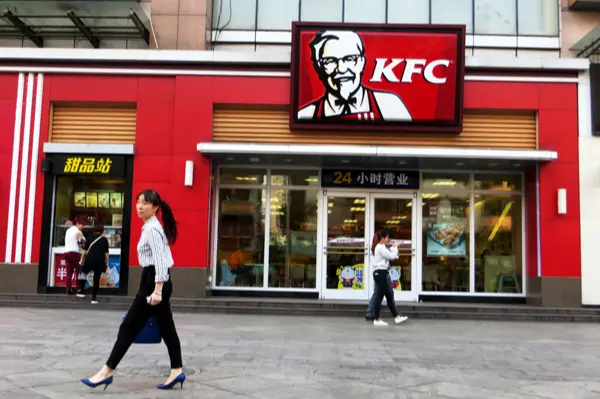U.S. President Donald Trump said on Thursday that he had decided to pull the United States out of the Paris Agreement, a landmark global pact to fight climate change.
Trump's decision to withdraw from the Paris Agreement fulfilled a campaign promise, but was soon met with widespread opposition at home.
The U.S. will cease honoring the nonbinding deal "as of today," Trump said at a press conference in the White House Rose Garden, adding that his administration would also cease implementation of the "draconian financial and economic burdens the agreement imposes on our country."
Calling the Paris Agreement "hamstrings" the United States while "empowers" other countries, Trump said the U.S. would begin negotiations to re-enter the agreement.
However, Trump indicated that re-entry may not be a top priority for his administration.
"If we can, great. If we can't, that's fine," said Trump, adding that the new agreement must ensure "fair" treatment to the United States, its business, its workers, and its taxpayers.
Governor of California Jerry Brown vowed to resist withdrawal from the Paris accord.
"California will resist this misguided and insane course of action," said Brown in a statement released before Trump finished his speech.
Minutes after Trump revealed his decision, his predecessor former President Barack Obama said in a statement that the Trump administration joins "a small handful of nations that reject the future."
Trump's decision to leave the Paris Agreement also put his administration at odds with U.S. business leaders who had for months advocated for continued stay in the climate change agreement
.
A letter signed by 25 major U.S. firms runs as a full-page ad in Washington, D.C. newspapers on Thursday, part of a last-ditch effort to convince Trump that sticking with the agreement would be better for the economy.
"By expanding markets for innovative clean technologies, the agreement generates jobs and economic growth," the letter says. "U.S. companies are well positioned to lead in these markets."
Apple, Google, Facebook, Gap, Microsoft, and Unilever had all signed the letter.
However, the decision to withdraw from the Paris Agreement was welcomed by the Republican leadership in the U.S. Congress.
Commending Trump for "fulfilling his commitment to the American people," House Speaker Paul Ryan said in a statement that the "raw deal for America" would have "driven up the cost of energy, hitting middle-class and low-income Americans the hardest."
Senate Majority Leader Mitch McConnell said in a statement that by withdrawing from the "unattainable mandate," Trump has reiterated "his commitment to protecting middle class families across the country and workers throughout coal country from higher energy prices and potential job loss."
Before the decision to leave the Paris Agreement, Trump, who once called climate change a "hoax," had already taken a series of actions aimed at reversing his predecessor Obama's climate policies.
"There was always some doubt as to whether the U.S. could meet its target for emissions reduction established by the Paris Agreement," Michael Swaine, senior fellow at the Carnegie Endowment for International Peace, told Xinhua via email.
However, the formal withdrawal from the document would send an unambiguous message to the world that Washington abrogates its leading role in tackling such problems, Swaine said.
For supporters of Trump's decision, the effect of U.S. withdrawal is often believed to be exaggerated since the United States has already replaced coal with natural gas and other renewable energy sources.
However, the Trump administration underestimated the fallout of its controversial move, U.S. experts told Xinhua.
According to John Sterman, professor at MIT Sloan School of Management, U.S. withdrawal from Paris risks initiating a cascade of goal erosion that could unravel the agreement.
"U.S. withdrawal from Paris creates uncertainty for businesses and governments around the world about investment opportunities in the solar, wind and other emerging green energy industries around the world, including in China," Sterman told Xinhua.
He said that U.S. withdrawal strengthens arguments that developing nations should not cut emissions if developed nations do not cut theirs first.
"President Trump, in his America First stance, has made this call seemingly to play to those who feel that such agreements hurt Americans financially. I fear President Trump's decision is based not on science but on the politics behind it," said William J. Carroll, President Emeritus of Benedictine University.
"The U.S. backing out of the Paris Agreement is taking the world in the wrong direction," said Carroll, adding that "the world can no longer be viewed as a bunch of independent tribes but as a community that must learn to work together."
(ASIA PACIFIC DAILY)
 简体中文
简体中文

